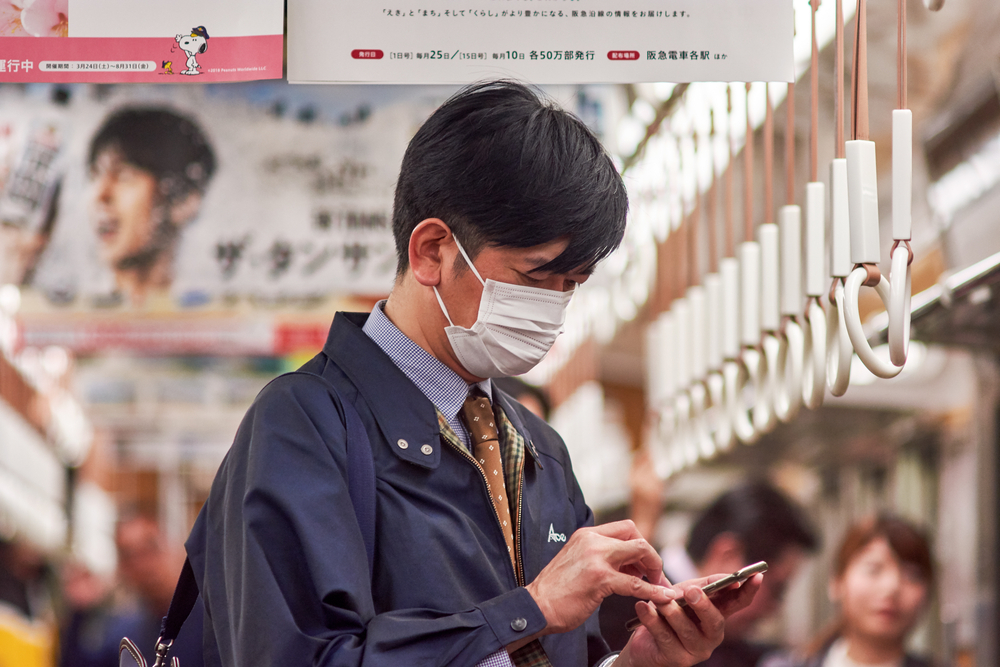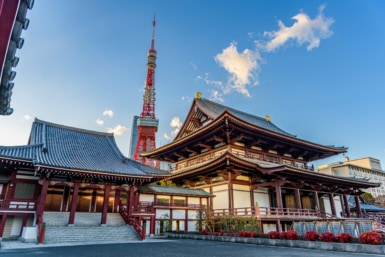It wasn’t so long ago my daily routine was largely confined to a domestic prison. Wake up whenever sleep decided to free me, sip coffee as I poured over the front-page horror stories with a morbid obsession, maintain said obsession by pitching and writing articles about the pandemic, risk a jog when cabin fever assailed me and finally toast another day of madness completed with a skinful of red wine.
At times I wonder if these memories infiltrated my brain from a parallel universe. My life is now, essentially, as it was before Covid-19. A run in the park no longer fills me with dread. Rugby season has resumed with player turnout greater than ever. I go to bars when it occasions and don’t think twice about sharing dinner plates in a cramped izakaya. Even the subway, at one point an existential threat, has returned to a mere nuisance.
Globally, 2020 oozes along, unassured. More lockdowns are being threatened in Europe, the US surpassed 200,000 coronavirus-related fatalities amid vaccine trials and a presidential election, airlines facing bankruptcy are flying customers on trips to nowhere in lieu of international travel, while in the background, Japan is trundling along, business as usual. With this bizarre, viral-ridden year lapsing into its final quarter, where do we stand now?
New Prime Minister = New approach?
Japan, EU leaders affirm cooperation on COVID-19 vaccine
https://t.co/59VYDawYBI— The Mainichi (Japan Daily News) (@themainichi) October 7, 2020
Japan is still seeing several hundred new cases of Covid-19 daily. The infection rate, however, has dipped significantly since its mid-summer, new-day average of 1,000-plus, while the current death rate is less than two percent. As coronavirus stories lost their media oomph, the recent appointment of Prime Minister Yoshihide Suga as Shinzo Abe’s successor has filled the news void.
Though Suga, the son of a strawberry farmer in Akita Prefecture, comes from outside the old Japanese political dynasty, pundits were predicting more of the same, given he served as Abe’s right-hand man for almost eight years and has been one of the foremost LDP spokesmen throughout the pandemic.
True to form, Suga pledged to find a balance between stimulating the economy and fighting the coronavirus – something Abe likewise championed to the chagrin of the public. Detractors maintain that Suga will prioritize the economy, citing his support for the Go To Travel campaign amid rising infection numbers earlier in the year, along with his decision to keep Yasutoshi Nishimura as economic minister, who was pivotal in Abe’s Covid-19 response.
The Olympics: Take 2
https://twitter.com/BunnyTokyoJP/status/1312967164236722177
Suga is also talking about the Olympics in favorable terms again. The prime minister was pictured fist-bumping Tokyo Governor Yuriko Koike in late September as they reassured the public the Tokyo Olympics would go ahead as rescheduled in summer 2021. IOC President Thomas Bach leant his voice to the conversation pointing to the return of sport across the globe as a positive omen for the Games, while his vice president, John Coates, used more combative language, telling reporters the Olympics “will take place with or without Covid-19”.
The rhetoric surrounding the ill-fated 2020 Olympics was similarly buoyant at the beginning of this year, and we all know what happened. In general, global health experts aren’t quite sharing in the organizers’ optimism. Nor do Koike’s comments about “strengthening hospital capacity and increasing test numbers” align with the idea of a Covid-19-free Olympics.
A fully immunized world by July 2021 is a fanciful scenario, steering Japan towards a scaled-back Games instead with priority given to competitors. As such, Olympic athletes will be exempt from any mandatory quarantine periods on arrival to Japan, and are expected to live in an isolated bubble throughout the event.
Go To Travel Tokyo
https://twitter.com/visitjapanuk/status/1313407474511347713
The Go To Travel campaign, offering discounts to domestic travelers, paints an equally interesting portrait of the government’s current mindset. A tumult of mixed-messaging when it was rolled out in July, the policy was aimed at stimulating the economy through the movement of people in spite of a second wave of Covid-19 across the nation.
The government then belatedly excluded travelers from virus-hit Tokyo from the plan, who account for 10 percent of the domestic market, raising eyebrows over its efficacy. As of October, Tokyoites are now able to capitalize on the campaign, and prefectures dependent on tourism are largely welcoming the decision. Some fears over Covid-19 resurgences linger, but the administration’s messaging is loud and clear: “All is well.”
Is 2021 Our Year of Freedom?
"Whether the policy will cover foreign residents in Japan has yet to be officially determined, an official said, while offering his personal opinion that it would be natural to include them." https://t.co/ZFDaJgSSDb
— The Japan Times (@japantimes) October 3, 2020
Human beings have the tendency to look at a new year as a gateway to greener pastures – 2021 more so than most. But the novel coronavirus has warped 2020 into a kind of long winter, and assuming January 1 will usher in a drastically improved world seems far too quixotic a carrot to dangle from the proverbial stick.
There is good news: Globally at least 41 vaccines are in human trials. Japan has agreed to supply deals with two pharmaceutical companies whose vaccines are in the final trial stage, Pfizer Inc. (US) and AstraZeneca PLC (UK), which could cost up to 670 billion yen in reserve funds. Once acquired, the government intends to offer vaccines to all residents free of charge, with priority given to the elderly and immunocompromised.
In the hypothetical best-case scenario – we have a vaccine this year – it still doesn’t equate to an overnight fix. If a vaccine passes all trial phases, there aren’t going to be billions of dosages circulating the world the following morning. An estimated 12 to 15 billion dosages of the vaccine are necessary to immunize the global population – the current production capacity sits at 6.4 billion per year. And then there are matters of distribution, affordability, viral mutations and silencing anti-vaccers.
Rather than looking to 2021 as a fabled land of dreams, maybe it’s best to take stock of where we are now. I look at my home in Northern Ireland, on the brink of lockdown, my friend’s telling me “Christmas is canceled.” In Japan, I can do what I want. I feel safe. The fear and suspicion that pervaded the highstreets in spring have lifted, and positivity – or at least normality – has regained its foothold. In that respect at least, we’re sitting in a pretty good place.
Feature image: Mirko Kuzmanovic / Shutterstock.com








